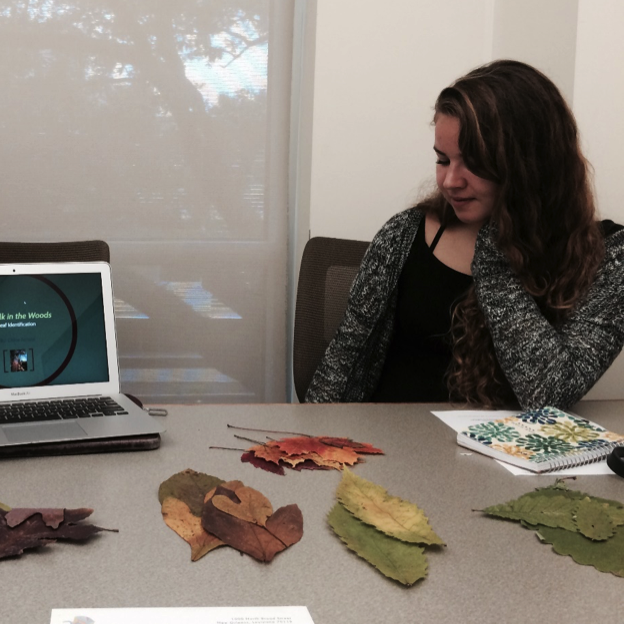Flashback: It is a hot, humid day in early September four years ago in a middle school classroom somewhere in the Mississippi Delta. The air conditioning is barely working, but its rattling drones out most of the other noises. Chairs scraping on linoleum. Paper rustling. The sound of doors slamming down the hallway. Kids talking, laughing. Posters, just taped up the day before, are already curling from the heat. Suddenly, a nervous, uncertain voice begins talking. The voice begins explaining the classifications of numbers: real, natural, integers, rational. There are some examples hurriedly scribbled on the board, explained with the same nervous voice. The kids continue their moving, some even their talking. The voice stops. A handout is passed around the room, the assignment seemingly easy enough. Just take a set of numbers and classify them. Each student looks at the page and immediately it becomes clear:
not a single one knows what to do.

Back to the present: That voice was mine. That classroom was mine. I was a middle school math teacher in the Mississippi – Arkansas for three years. During that time, I learned a lot by myself. I learned what it feels like to fail. I learned how blessed I was, my naïve understanding off the world turned on its head. I learned how unfair it is that there is such a large gap between the haves and the have nots. I learned that communication is more than just words and more than just the person talking. My first year teaching made me realize this, and it is something I have carried with me ever since. I would spend hours crafting an amazing lesson and then I would stand in front of my students, say a bunch of words, work some examples, and feel like that was enough. What I was missing was the other half of the communication equation: the receiving half.
 I am currently working as the Program Director for a local non-profit, Fund17. Fund17 is committed to the idea that “we can empower communities by transforming “hustles” into sustainable livelihoods.” We provide support to informal entrepreneurs who may not have access to the right tools or resources to successfully operate or grow their businesses. We implemented our inaugural Fellowship Program this fall. Six fellows from Tulane and Loyola are going to be having their first intake sessions with their entrepreneurs. We decided a conversation on the importance of communication was critical before they began these relationships. For the session, each fellow had to teach a quick, five minute lesson and then we would debrief about how the lesson went. The lessons varied wildly, from how to take a perfect photograph, to phrases in Turkish, and to how to identify the beautiful fall foliage of New England.
I am currently working as the Program Director for a local non-profit, Fund17. Fund17 is committed to the idea that “we can empower communities by transforming “hustles” into sustainable livelihoods.” We provide support to informal entrepreneurs who may not have access to the right tools or resources to successfully operate or grow their businesses. We implemented our inaugural Fellowship Program this fall. Six fellows from Tulane and Loyola are going to be having their first intake sessions with their entrepreneurs. We decided a conversation on the importance of communication was critical before they began these relationships. For the session, each fellow had to teach a quick, five minute lesson and then we would debrief about how the lesson went. The lessons varied wildly, from how to take a perfect photograph, to phrases in Turkish, and to how to identify the beautiful fall foliage of New England.
 What I wanted the fellows to take away is how important it is to take the other person’s perspective into consideration. It seems like an obvious statement, but it is easily forgotten. People, including myself, confuse telling with communicating. The main difference between the two is when you are telling, there is no audience, no relationship. As our Fellows begin their relationships with their entrepreneurs, we wanted them all to understand this difference. With this mindset, they can create a positive relationship and begin truly providing our entrepreneurs with the resources they need to be successful.
What I wanted the fellows to take away is how important it is to take the other person’s perspective into consideration. It seems like an obvious statement, but it is easily forgotten. People, including myself, confuse telling with communicating. The main difference between the two is when you are telling, there is no audience, no relationship. As our Fellows begin their relationships with their entrepreneurs, we wanted them all to understand this difference. With this mindset, they can create a positive relationship and begin truly providing our entrepreneurs with the resources they need to be successful.
By Grace Cammack
